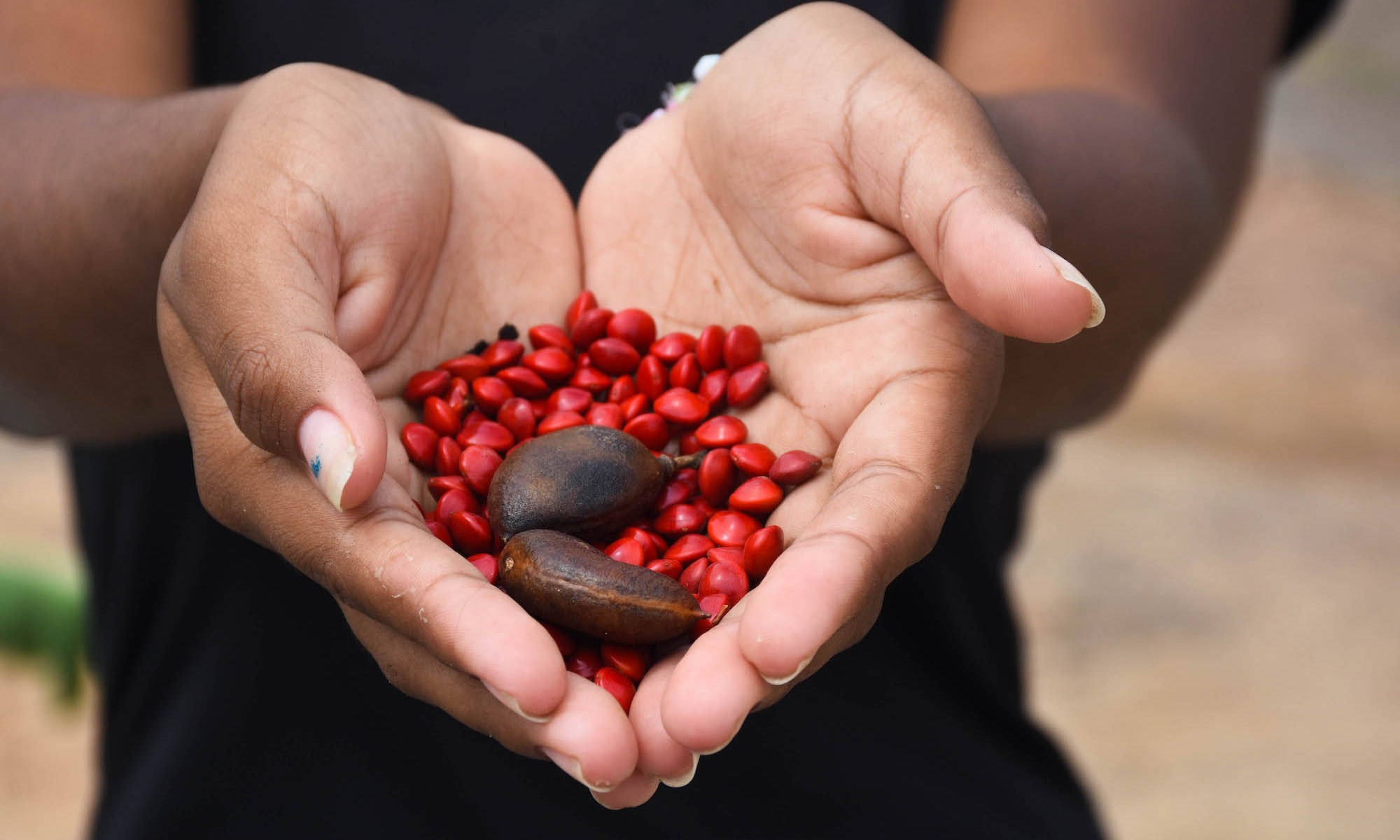VEHA
Guidance

Guidance
Virtual Environmental and Humanitarian Adviser Tool – (VEHA Tool) is a tool
to easily integrate environmental considerations in humanitarian response. Sector Planning guidances allow you to environmentally align your project strategy design.
Ensure access to water and sanitation for communities while sustainably managing land, water, and ecosystems.
% of affected households who dispose of solid waste appropriately (separate, reduce, re-use, re-purpose, compost, recycle, dispose of safely).
# municipalities/communities that have an effective sustainable waste management plan
Do the solid waste management activities covered by your submission include activities to reduce quantities and toxicity of waste created and to sort and separate waste; reuse, recycle, re-purpose or convert it into energy or resources where possible; and to use natural approaches to vector control or integrated pest management at waste accumulation points to minimise public health risks?
Include questions relating to people's existing and changing knowledge, attitudes, and practice regarding waste management, in the initial assessment and in the intervention’s monitoring plan and evaluation.
· Address reducing, reusing, repurposing, recycling, or composting solid waste, organic waste, and household waste.
· Certain contexts may offer an opportunity for clean energy generation as a way to reduce the use of wood as a fuel for cooking or heating. For example, biodigesters could be developed to harness energy from organic material gathered in waste management activities, or by incorporating animal or human fecal sludge into biodigestion.
· Installing separate bins for nappies/pads and other potential disease risk material and developing appropriate waste management strategies. Check the local market for designs that contain no plastic or petrochemicals (e.g. elastic) or consider whether this could become a livelihoods/enterprise opportunity, in coordination with the integration sector.
· All forms of waste management should adopt a “polluter pays” principle and budget for the final disposal of waste, ensuring that vulnerable people are not exposed to waste generated by humanitarian activities at dumpsites or temporary staging areas for waste management. Where possible, aim to repurpose waste and use this as an opportunity to introduce new technology (where sustainable) and new waste management practices into local communities and authorities.
Where solid waste must be left exposed for any time, make use of natural repellents and integrated pest management to reduce vermin and disease vectors. Some herbs and spices are very effective in repelling a range of different pests and vectors and can be planted close to sites to deter them, avoiding the need for chemical controls. Aim to restore sites used for waste management to an equal or better visual and environmental state than how they were found as a form of environmental remediation.